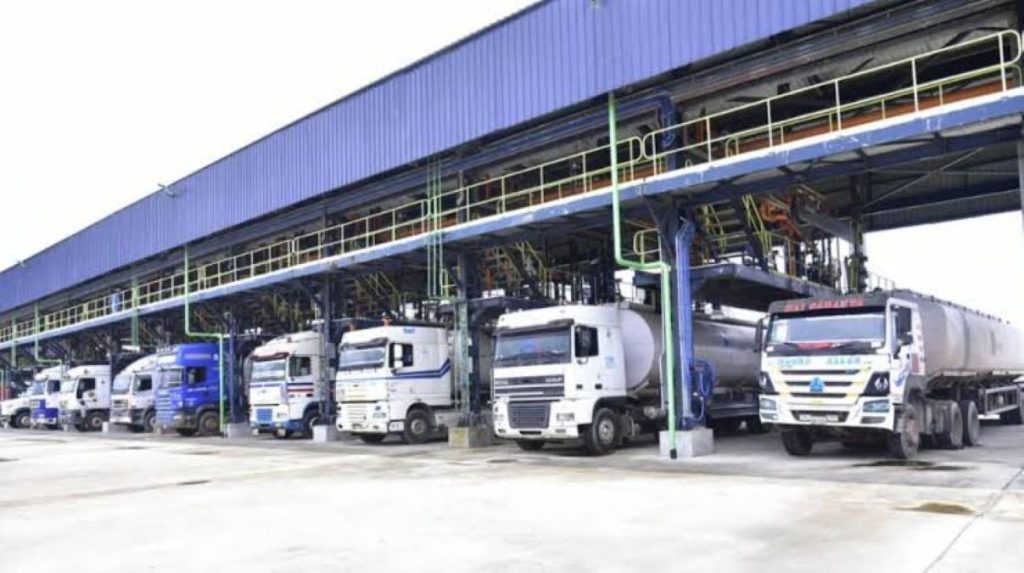Oil marketers have guaranteed Nigerians that Premium Motor Spirit (PMS) or petrol prices will decrease once they begin directly obtaining products from the Dangote Refinery.
This assurance was given following a surge in product prices after the Nigerian National Petroleum Corporation (NNPC) commenced product lifting from the Dangote Refinery.
In Lagos state and its surroundings, petrol prices had risen to ₦950 per litre, while consumers in the northern region were paying as much as ₦1000 per litre for the product.
However, the spokesperson for the Independent Petroleum Marketers Association of Nigeria (IPMAN), Chinedu Ukadike, expressed that discussions are underway with the refinery regarding the potential direct lifting of petrol.
He spoke with Channels Television on Tuesday: “It is quite straightforward. This indicates that the liberalisation of the market is progressing, as the Dangote refinery cannot produce petrol in Nigeria without considering IPMAN as a critical stakeholder.
“We had anticipated that one of his initial points of contact would be to engage with IPMAN and not NNPC, as we have the capability to distribute every single drop of products produced by Dangote refinery, being present in every corner of the country and owning about 85 per cent of filling stations in Nigeria.
“Therefore, it is crucial for Dangote to engage with independent marketers, and I want to emphasize that once we commence direct lifting of products from Dangote, the issue of pricing disparities will be resolved. What we are currently observing is price disparity.
“However, if IPMAN becomes independent, prices will decrease, providing us with the opportunity for healthy competition as we will no longer be reliant on another source for products.”
“Dangote also engaged with IPMAN when he commenced producing AGO, diesel. We entered the market and began purchasing it, resulting in a decrease in the prices of AGO, from around N1600 to between N1000 and N1100.
“This is a deregulated economy, and all stakeholders and players should be afforded equal opportunities.”

